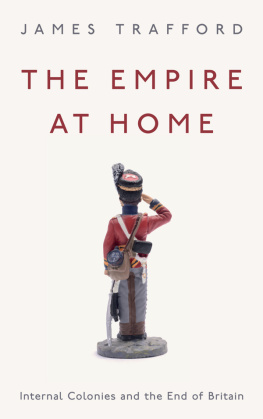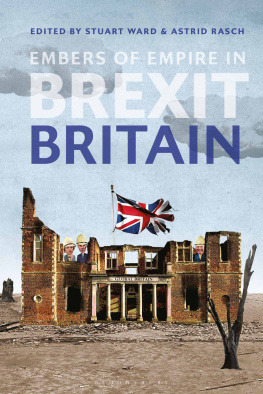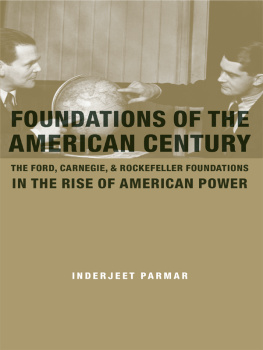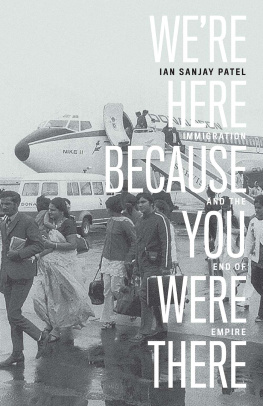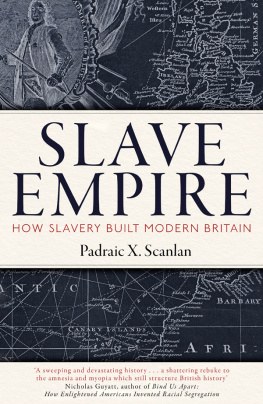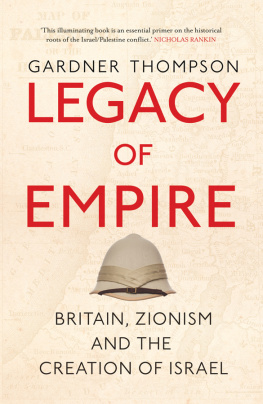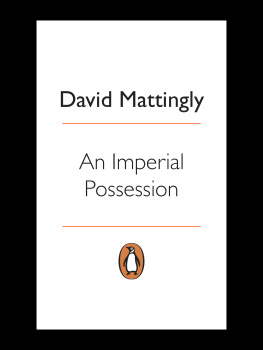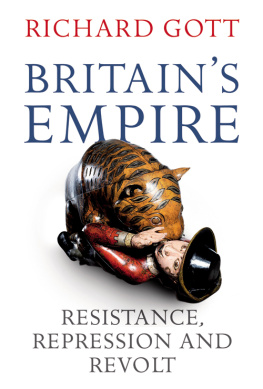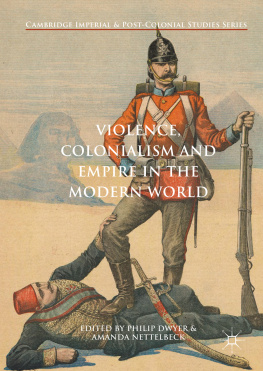Contents
Guide
The Empire at Home
The Empire at Home
Internal Colonies and the End of Britain
James Trafford

First published 2021 by Pluto Press
345 Archway Road, London N6 5AA
www.plutobooks.com
Copyright James Trafford 2021
A Virtue of Disobedience by Suhaiymah Manzoor-Khan, 2019, Verve Press; British Values by Suhaiymah Manzoor-Khan, 2019, Verve Press; Calais, onward by Asiya Wadud, 2018, Nightboat Books; Displaced Development by Shareefa Energy, 2019, Burning Eye Books; Home by W. Shire, 2015, Warsan Shire; Migrant Among Us by Marie Ponsot, 2011, Knopf Doubleday; River by Kalul, Kalimba, 2019, Guillemot Press; River by Petero Kalul, 2019, Guillemot Press. Every effort has been made to trace copyright holders and to obtain their permission for the use of copyright material in this book. The publisher apologises for any errors or omissions in this respect and would be grateful if notified of any corrections that should be incorporated in future reprints or editions.
The right of James Trafford to be identified as the author of this work has been asserted by him in accordance with the Copyright, Designs and Patents Act 1988.
British Library Cataloguing in Publication Data
A catalogue record for this book is available from the British Library
ISBN 978 0 7453 4099 9 Hardback
ISBN 978 0 7453 4100 2 Paperback
ISBN 978 1 7868 0674 1 PDF eBook
ISBN 978 1 7868 0676 5 Kindle eBook
ISBN 978 1 7868 0675 8 EPUB eBook
This book is printed on paper suitable for recycling and made from fully managed and sustained forest sources. Logging, pulping and manufacturing processes are expected to conform to the environmental standards of the country of origin.
Typeset by Stanford DTP Services, Northampton, England
Simultaneously printed in the United Kingdom and United States of America
For those who struggle under cover of darkness
Contents
Preface
This book argues that as a combination of neo-imperialism and internal colonialism, the continuation of empire has been a fundamental condition of British life, politics, and economics. As formal empire was transformed into commonwealth and neo-imperial domination, Britain attempted to establish itself as a post-colonial nation. To do so required a spatio-temporal cut from empire, which disavowed the violence in the world that it had terraformed. But through this post-colonial cut, the exceptionalism of a pristine island nation would be rebuilt through the redeployment of structures that had facilitated and legitimised slavery, exploitation and extermination across empire. Shaped in this context, contemporary Britain is existentially, politically, and economically grounded in a geopolitics of exploitation, extraction, and dispossession.
In part, this book attempts to think contemporary political shifts towards regained sovereignty and securitising border regimes. It is an attempt to centre the political and social machinery that is capable of holding together the proposition that Britain cant be racist since it is the most tolerant and lovely country in Europe, with the Windrush scandal, where thousands of Caribbean migrants who had lived in Britain since they were children were illegally detained, threatened with deportation, and prevented from accessing necessary healthcare.
These tensions are explicable against a backdrop of empire and its continuing modes of capitalist accumulation and subjugation. The 2016 referendum vote to leave the European Union and the election of Conservative prime minister Boris Johnson in 2019 have sedimented explicitshifts towards nativist nationalism. Johnson was a figurehead for the Vote Leave campaign prior to the referendum, during which he consistently denounced migrants as benefit scroungers, and claimed they have been responsible for a strained NHS and high levels of unemployment. The campaign was fueled by anti-immigrant rhetoric, perceived weaknesses at the edges of the EU, and the demonisation of freedom of movement within the Schengen zone. A critical moment in the campaign focused on the idea that Britain would soon by flooded by Muslim people and Middle Eastern refugees with the possibility of Turkey joining the EU. They argued that murderers, terrorists and kidnappers from countries like Turkey could flock to Britain if it remains in the European Union, and their posters proclaimed that Turkey (population 76 million) is joining the EU: Vote leave, take back control.
As many writers have suggested, Brexit is best understood in the longer context of empire. Concerns over Brexit have been chalked up not only to anxieties over immigration controls but also to patriotism and nostalgia for an empire whose history is grounded both in amnesia and fantasy. This nostalgic pride is founded on the pathological romanticisation of an empire of railway building and the magnanimous dissemination of civility.
However, whilst such denialist nostalgia has certainly been used to characterise and chastise those who voted to leave the European Union, eulogising empire whilst erasing its historical and contemporary realities has been a persistent condition of its perpetuation since its supposed collapse.

